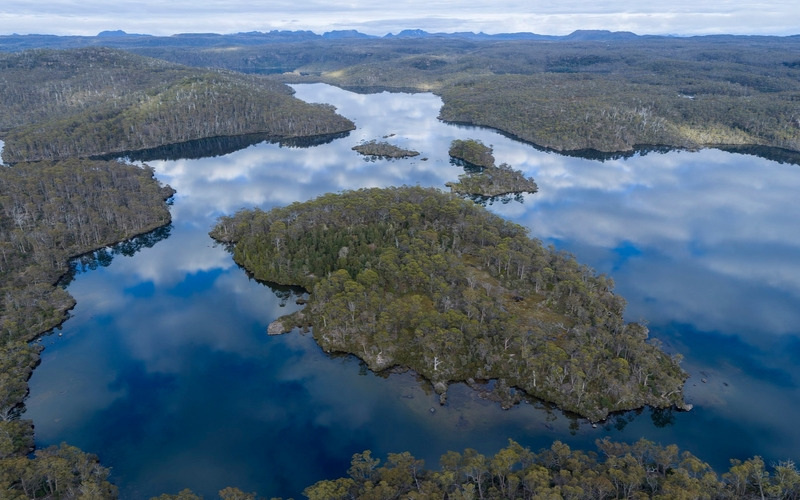Media Releases - 14 October 2019
The Wilderness Society welcomes audit of tourism EOI process

The Wilderness Society has welcomed the prospect of an audit by the Tasmanian Audit Office of the state government's tourism EOI process.
“We hope that this audit will shine some much-needed light on a controversial process that has been marked by secrecy, rule-bending and a lack of public consultation; a process that's ultimately about turning our public national parks into cash machines not biodiversity hot-spots,” says Tom Allen for the Wilderness Society Tasmania.
“The EOI process boils down to a public land-grab by vested interests against the interests of the public, nature, wilderness and the integrity of national parks and reserves. Now is the time we should be growing and strengthening these areas, not diminishing them.
“State-sponsored privatisation of national parks, like the privatisation of an entire island on Lake Malbena that locks out existing users, is simply not the way to go, especially during the twin climate and extinction crises,” says Mr Allen.
Some of the most contentious aspects of the tourism EOI scheme that the Audit Office could consider include:
- The admission by government employees that rules were changed because a tourism proposal was received for Lake Malbena - an example of the government retro-fitting Management Plan rules to suit a preferred outcome, not for the integrity of the Management Plan or the integrity of the Wilderness World Heritage Area. This contravenes the EOI Assessment Panel's 'guiding principle' that "proposed developments should be compatible with the statutory management objectives". Which, by extension highlights the contradictory requirement that “proposed developments should be compatible with the statutory management objectives” yet the EOI Advisory Panel will still consider proposals that are “not fully compatible with the current statutory and regulatory framework”.
- The EOI process fails to identify what is "‘appropriate and sensitive’ [tourism] development". For example, independent experts have found that the Lake Malbena proposal would impact wilderness values, it is therefore questionable how the EOI panel determined that it was either appropriate or sensitive to the Tasmanian Wilderness World Heritage Area.
- The controversial role of the State Government's internal Reserve Activity Assessment (RAA) process. This is the method by which developments in national parks and reserves are enabled and is non-statutory. In practice, the RAA is written predominantly by the project's owner and does not include a formal opportunity for public comment, consultation or rights of appeal.
- The ignoring of expert bodies, such as the Australian Heritage Council, Aboriginal Heritage Council of Tasmania, National Parks and Wildlife Advisory Council, which have said the Lake Malbena proposal should not proceed. This contravenes the EOI Assessment Panel's 'guiding principle' that proposals should "involve or benefit local communities (including the Aboriginal community)".
- How a proposal like the Lake Malbena proposal could be considered "compatible with and sensitive to the cultural and natural values" of the Wilderness World Heritage Area, when an independent expert previously engaged by the Tasmanian Government to map wilderness, found that wilderness values would be negatively impacted were the proposal to proceed?
- How the Lake Malbena proposal could be considered to be a "net public benefit", when an exclusive lease effectively privatises an entire island within the Tasmanian Wilderness World Heritage area, locking out existing users for a proposal that former UTAS economics professor Graeme Wells said offered zero net benefit to the state's economy?